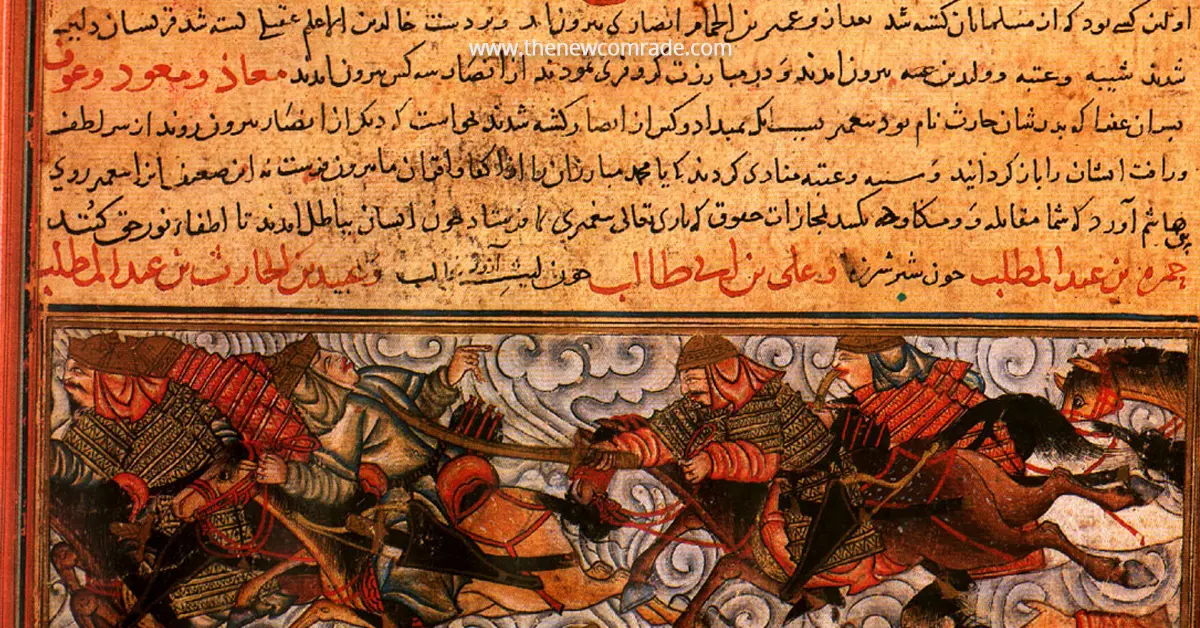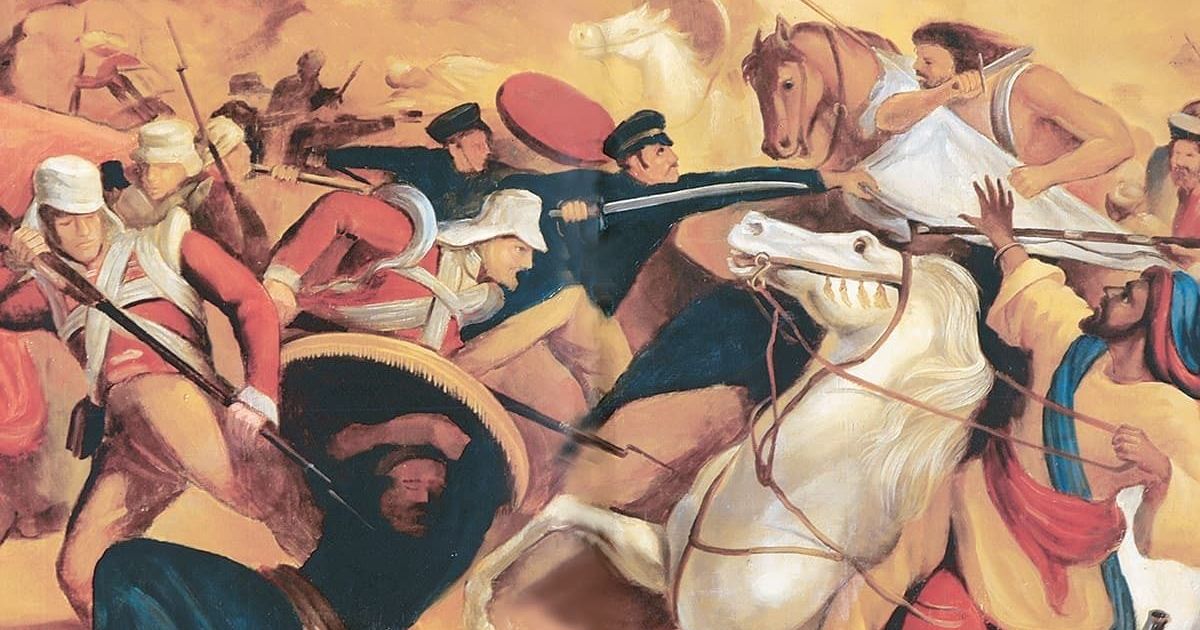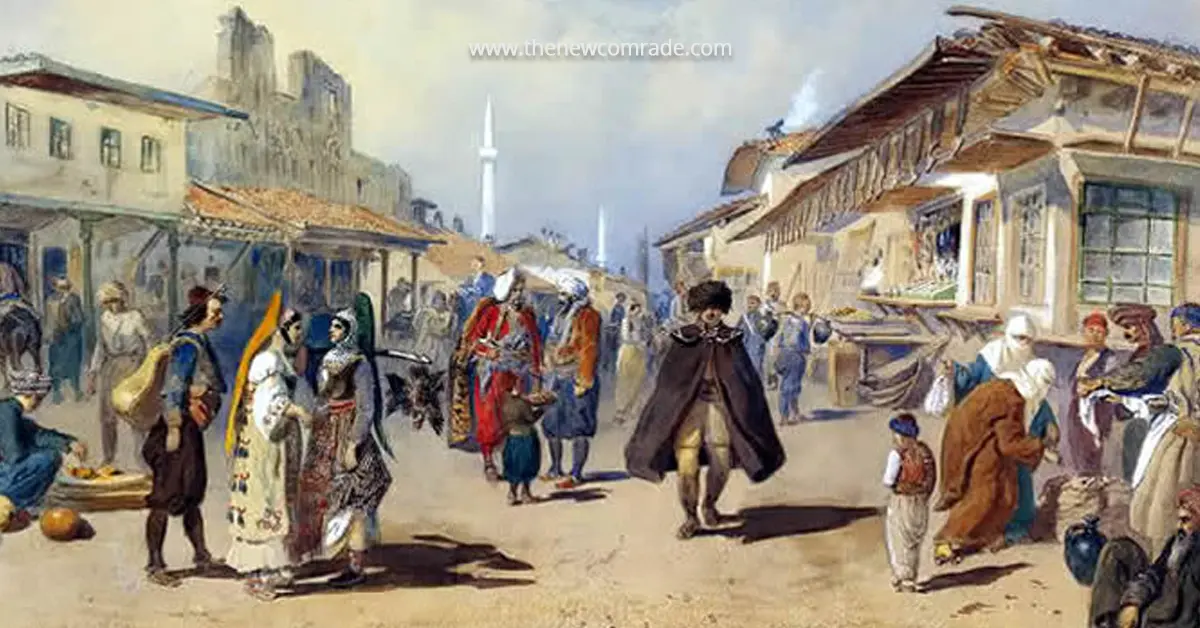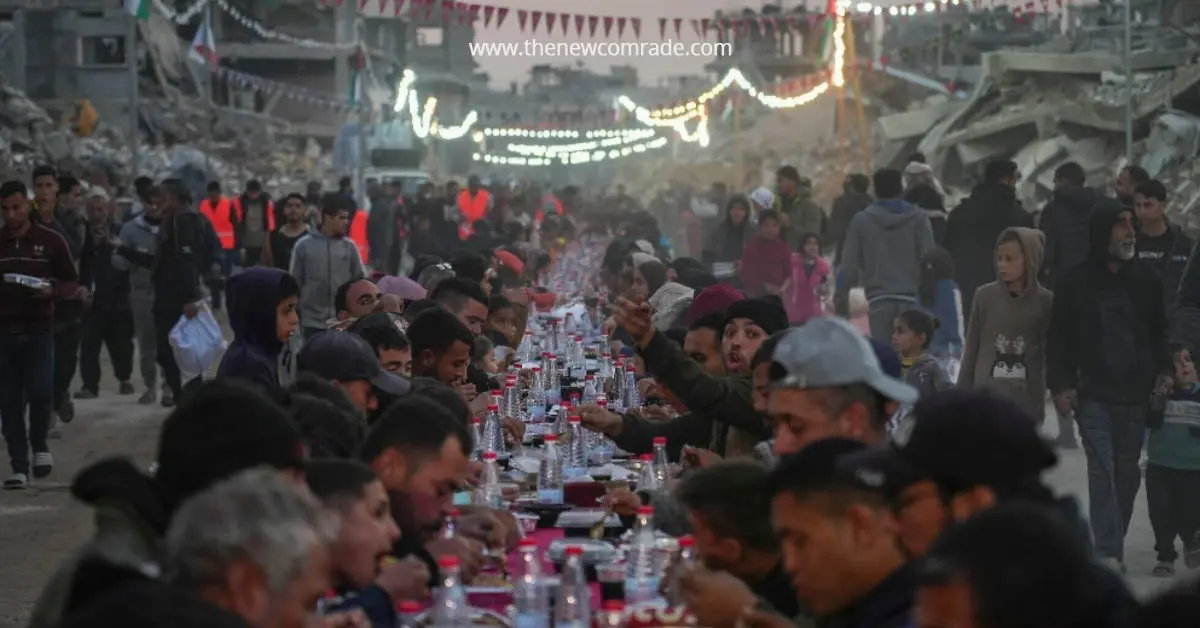The Ummah, the Muslim community worldwide, has faced a century of decline marked by four major catastrophes. These events have shaped the current political and security-related situation of the Ummah. The first catastrophe was the Crusader military occupation of Bayt al-Maqdes, preceded by the occupation of Egypt, Iraq, and parts of the Arabian Peninsula. The second was the overthrow of the Muslim Caliphate, leading to a phase of weakness and humiliation. The third catastrophe was the Zionist project, with its global dominance facilitated by the Crusader offensive. The fourth catastrophe was the appointment of agents as rulers in the partitioned lands of the Ottoman state by the Crusaders, formalized by the Sykes-Picot agreement. These agents were in the form of dynasties in the first stage and military juntas in the second stage, facilitated by coups.

The calamities that befell the Ummah were not only due to external factors but also internal weaknesses. The transition from a unifying community within a doctrinal and political framework to retreats of tribal, ethnic, and nationalistic entities, along with the replacement of the Caliphate with nation-states, set the stage for these calamities. These calamities could have been avoided if the Ummah had adhered to its faith and divine instructions, rallied around its doctrinal and political framework, and demonstrated commitment and clarity.
Partial treatment and parochial perceptions confined to the levels of groups, countries, and people will not bear fruit in confronting these calamities. The destiny of the whole Ummah is one, and the factors governing these calamities are the same in all countries and arenas. Therefore, a unified perspective at the level of Ummah is needed to deal with this reality and direct threat.
The events of the twentieth and twenty-first centuries, especially the Arab Spring, have proven that the most dangerous enemies of the Ummah are the authoritarian regimes and monarchies imposed upon it by the Crusader offensive. The Ummah needs to confront this reality with a unified perspective.

Partial and regional projects cannot counter the various projects of other nations that threaten the Ummah. Such initiatives will inevitably be marginalized by larger international crusade projects. This is evident in the process of marginalization of projects of Arab revolutions by the Arab projects of suppression and subdual, the sidelining of the Palestinian project by the Iranian Safavid project, the marginalization of the Turkish project by the NATO project, and the vulnerability of the Taliban project to be marginalized by one of the projects that besieges it, like the Chinese project.
In conclusion, the Ummah has faced a century of decline marked by external and internal factors. A unified perspective is needed to confront the external factors, specifically the authoritarian regimes and monarchies imposed upon the Ummah by the Crusader offensive. Partial and regional projects cannot counter the various projects of other nations that threaten the Ummah. The destiny of the whole Ummah is one, and the factors governing these calamities are the same in all countries and arenas.













